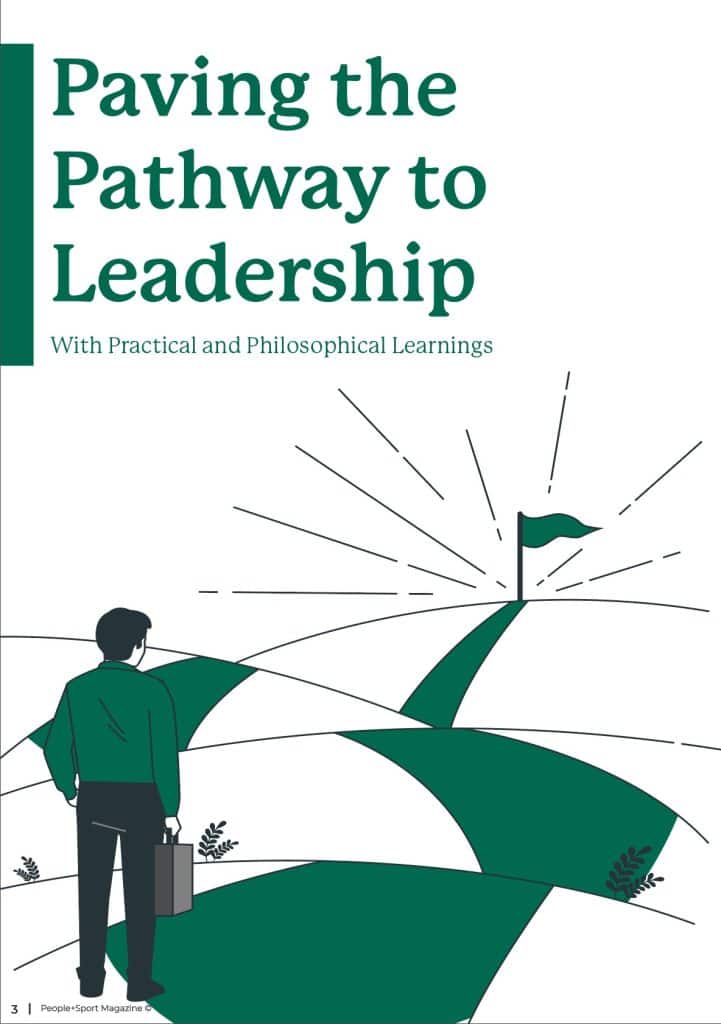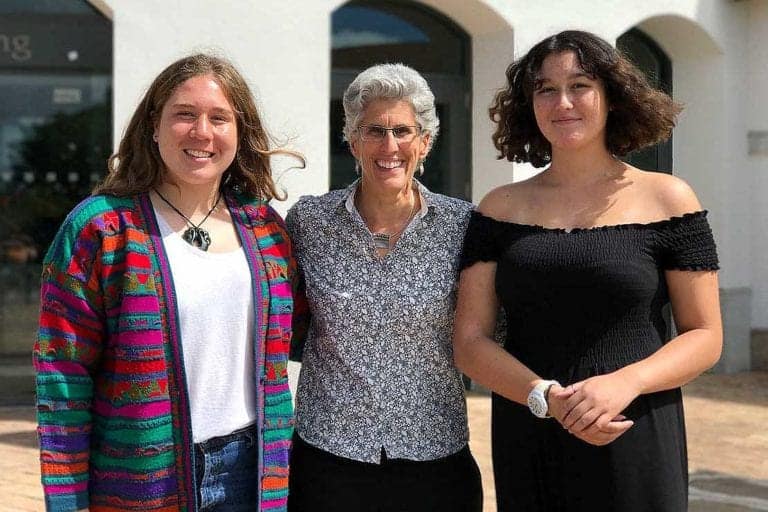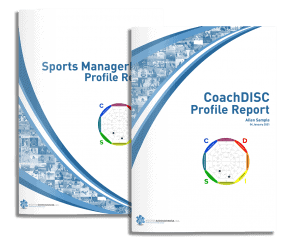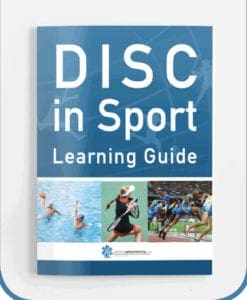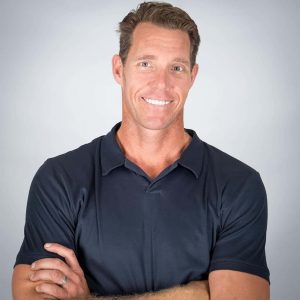Drawing on a depth of experience that spans sport coaching and teaching leadership at both the graduate and undergraduate level, Dr. Jim Strode, Associate Dean of Undergraduate Programs and O’Bleness Associate Professor at Ohio University’s College of Business, sat down with us to share his key insights on teaching practical leadership skills that his students carry with them long into their careers after university.
Originally a business major, a love of sports inspired Jim to undertake a Masters degree at The Ohio State University with the goal of becoming an Athletic Director. Encouraged by faculty members to pursue further study and obtain a Ph.D., Jim found a new passion for teaching and student development.
Jim now oversees the entire undergraduate and post-graduate experience in the College of Business at Ohio University including; the university’s signature Sport Management programs, of which the Master of Sports Administration course is internationally ranked #1 by SportBusiness; program admissions marketing, the Student Success Office, and the honors program.
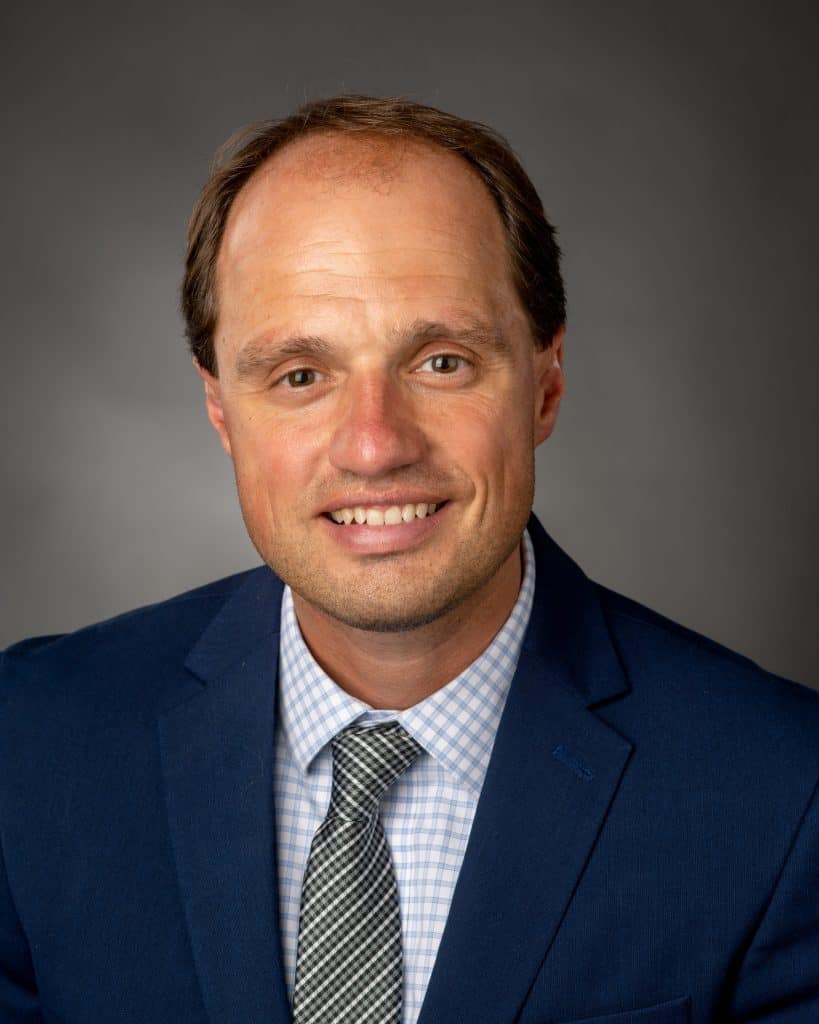
All of Jim’s teaching practices and program input, revolve around his central philosophies surrounding leadership. Of this, Jim considers self-awareness to be foundational to any conceptualization of leadership, believing it to be the very basis of emotional intelligence. Ultimately, this is why it holds a formational position in his course content for his Athletic Administration Seminar in Leadership. Jim added,
“I think it’s critically important that students start by understanding themselves. When you look at any dimension of leadership and leadership behavior, if you don’t understand yourself first and foremost, it is pretty tough to lead other people.”
Jim highlighted that as individuals in any endeavor we have a natural tendency to look at what other people deem to be success. From his perspective what really matters is what you should do and can do. Using coaching as an example he explained,
“As a younger coach you tend to mimic behaviors. You see what your coach did, you thought it was successful because it reached you, but it doesn’t necessarily reach every athlete, and the same goes with academic leadership. What may work well for one, may not work well for another. You have to get to know people, develop a relationship and ultimately be an active listener. Follow up and make sure you get the best out of your constituents.”
This underlying philosophy has an integral part of the strategy in the curriculum for the Master of Sports Administration (MSA), plus the online version of the MSA for sports professionals already working in the industry.
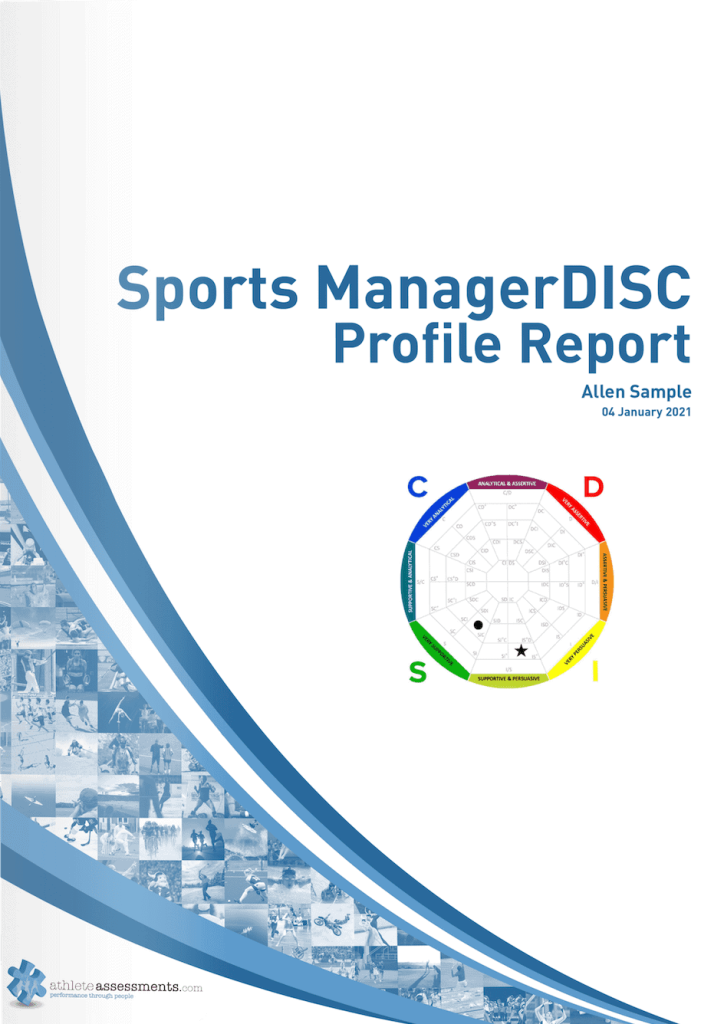
Students in Jim’s class complete a Sports ManagerDISC Profile as part of Athlete Assessments’ Academic Program, which sees them undertake a 12-minute self-assessment. A 40-page report is then produced outlining the individual’s unique spread of strengths and their style of communicating, approaching tasks, and building relationships with the people around them. The report details an individual’s preferred and non-preferred behaviors through the four-quadrant model showing degrees of behavior as opposed to binary absolutes. Importantly, Athlete Assessments’ DISC Profiles also give an insight into what an individual needs to be successful in a chosen endeavor, and often confirm or enhance their understanding of self, while also uncovering potentially unseen strengths or blind spots in their awareness. This work highlights the importance of adaptability in any pursuit of performance, including for effective leadership.
Tying the profiles to a philosophical origin, Jim shared,
“The value of knowing people’s individual strengths becomes clearer when you consider the concept of equifinality, many different ways to get to the same result. You can use an assessment to create awareness and ultimately an ability to leverage your particular strength.”
Illustrating just how accurate Athlete Assessments DISC Profiles are, Jim explained that in this past year, one of his students shared their report with their family. Agreeing with the report’s conclusions, the family said they couldn’t have drawn up a better schematic of what makes the student tick.
Jim’s use of the Sports ManagerDISC Profile is interwoven into the class’ content to support other teachings. The Sport Leadership Class begins by investigating the top 10 leadership theories; including transformational, transactional, charismatic, and so on; and having students choose one they identify strongest with. In conjunction, students also complete their DISC Profiles, before taking a deep dive into their results and analyzing how the characteristic elements of their behavior will help them achieve their leadership goals.
Following this, the next stage includes connecting their behavioral strengths identified in their DISC Profiles to their values, which Jim detailed, “It gets really personal when you ask people to do this, there’s a lot of vulnerability in the room. If we’re going to grow as leaders, we need to be vulnerable. We know that effective leaders aren’t necessarily letting their guard down, but they’re definitely exposing themselves as truly being human and understanding others.”
Jim explained that a student’s ultimate journey in the leadership class is to be able to connect their values with their career path. As part of the class, students will draw up a plan to identify people who will help them along their path, and develop a personal grand statement and intended outline for where they are going to be in years one through to five, then ten, of their careers.
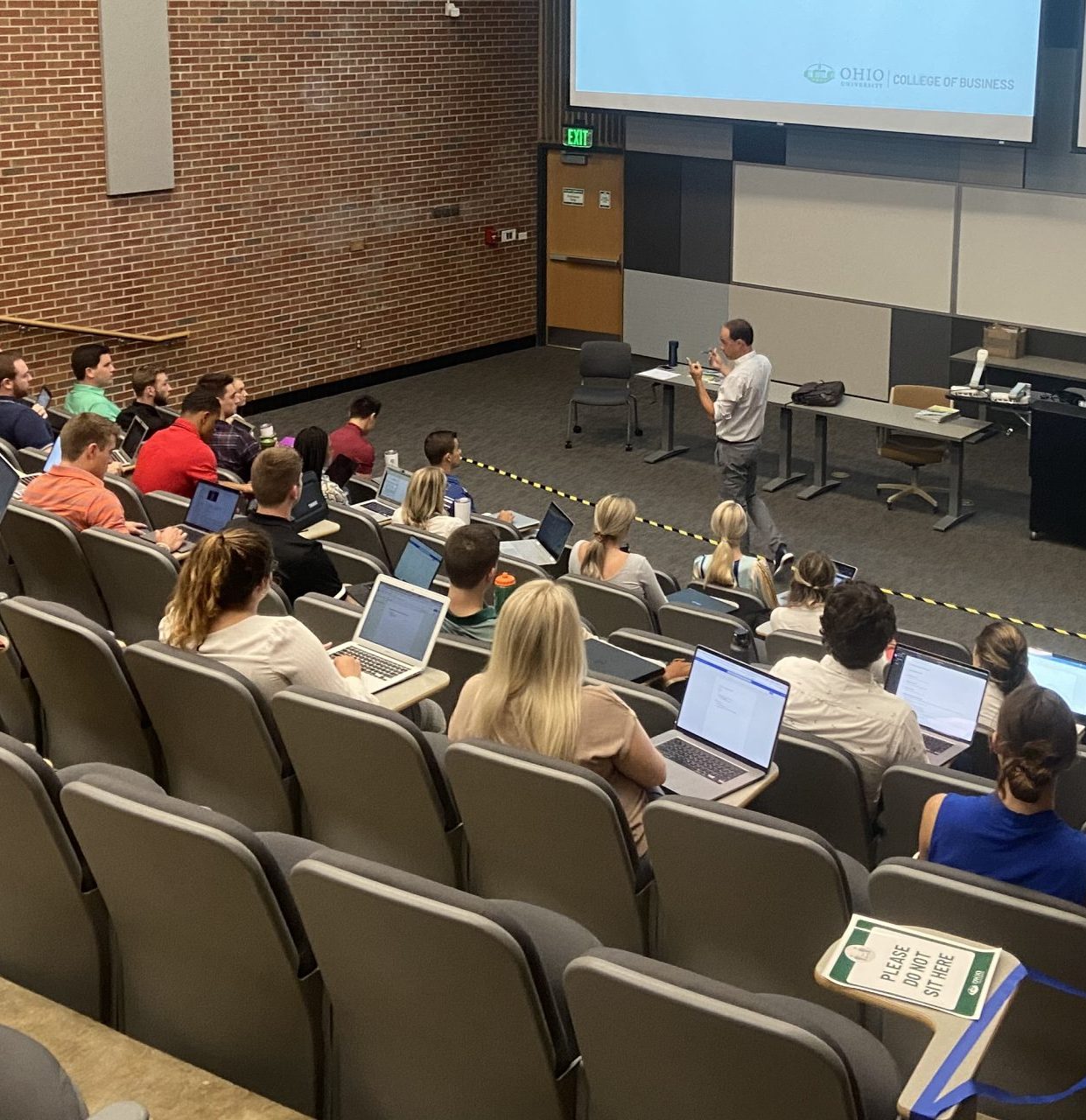
This approach emphasizes to students the importance of constantly needing to develop regardless of what position they are in, as Jim described,
“We want students to think strategically about what their roadmap is and what steps they need to take to get there.”
Talking to the value of practice, Jim explained that he asks his students to identify a plan which details how they are going to get their repetitions in. He points out that you don’t become a great public speaker by speaking once or twice a year, but by getting your practice in consistently whether that be in private, with a friend or familiy member, or in front of an entire class.
Imparting some wisdom from his own leadership experience, Jim shares that he sees the key to being the best leader and getting the best out of your people, is to stop and listen. He added, “There are a lot of books written about the first 90 days in a new leadership position. And a lot of people think that after that period, you stop listening and start doing. But that’s just not true, as a leader there is never a time to stop listening. If you’re taking up all the air in the room, you might be missing out on the brilliant things that your team is going to be able to accomplish.”
Jim shared an example of these teachings culminating in practice, with one of his students recently securing an interview with one of the most financially successful sporting franchises in global sport. In preparing for the interview, the student used observations from their DISC Profile report to show how their style was in alignment with the organization’s values and requirements of the role.
Finally, once students are at the cusp of graduating, Jim shares this parting philosophy with them,
“Never stop the journey of self-improvement and learning. Keep an active book list, attend seminars, and have insightful conversations with interesting people. Because if you don’t grow and learn, it’s a recipe for mediocrity, and being a very boring human being!”

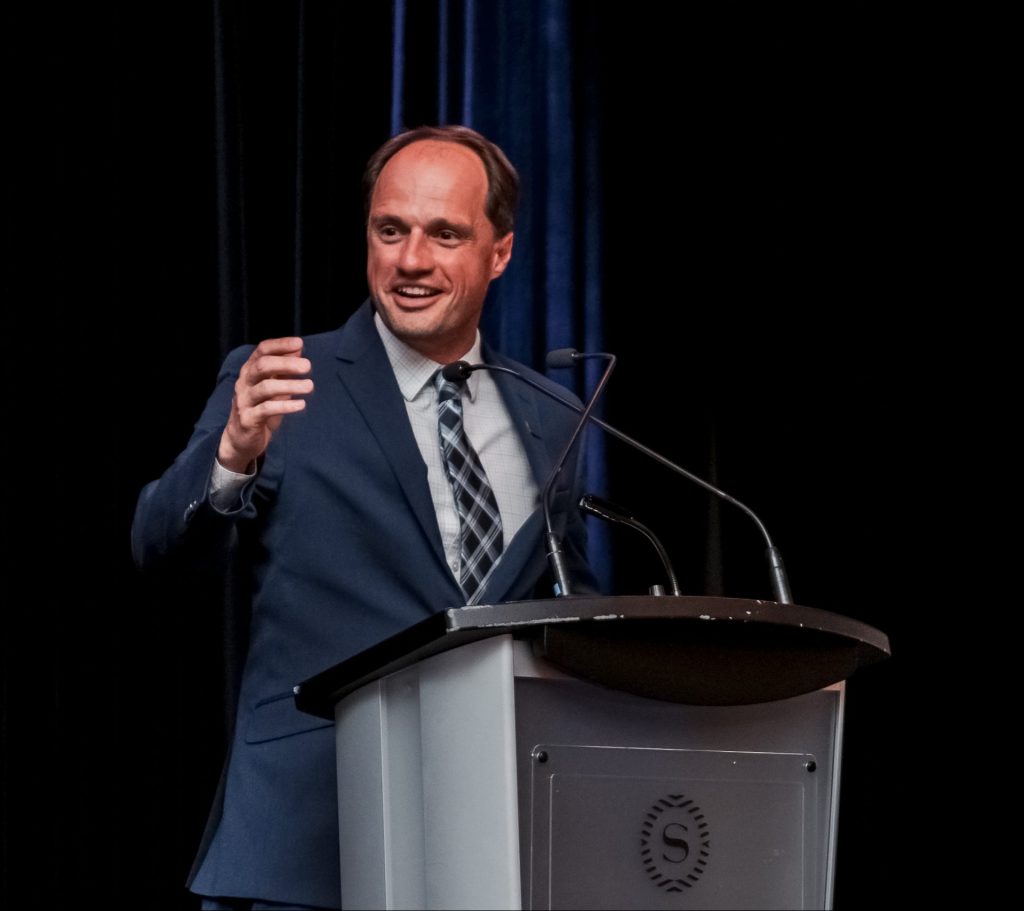
Biography for Dr. Jim Strode
Jim Strode, Ph.D., is the Associate Dean of Undergraduate Programs and O’Bleness Associate Professor at Ohio University’s College of Business. As Associate Dean, Jim leads the undergraduate degree programs, manages college-level curriculum processes, oversees the Career and Student Success office, and collaborates to recruit, retain, and place undergraduate Business Bobcats. In 2019 he was originally recruited to lead the Department of Sports Administration program as chair. Now Jim retains a dynamic role teaching leadership in post-graduate Masters programs. Previously, Jim was the Dean of Graduate Studies at Ohio Dominican University (ODU) in Columbus, Ohio. Jim earned his Masters and Ph.D. in Sport Management from The Ohio State University, and his Bachelors in Marketing and Management from the University of Wisconsin.


Biography for
Dr. Jim Strode
Jim Strode, Ph.D., is the Associate Dean of Undergraduate Programs and O’Bleness Associate Professor at Ohio University’s College of Business. As Associate Dean, Jim leads the undergraduate degree programs, manages college-level curriculum processes, oversees the Career and Student Success office, and collaborates to recruit, retain, and place undergraduate Business Bobcats. In 2019 he was originally recruited to lead the Department of Sports Administration program as chair. Now Jim retains a dynamic role teaching leadership in post-graduate Masters programs. Previously, Jim was the Dean of Graduate Studies at Ohio Dominican University (ODU) in Columbus, Ohio. Jim earned his Masters and Ph.D. in Sport Management from The Ohio State University, and his Bachelors in Marketing and Management from University of Wisconsin.
Where to from here?
If you are looking for one comprehensive tool that enables you to develop self-awareness, leadership skills, or team cohesion within your team or group of people, look to Jim’s application of the Athlete Assessments’ DISC Profiles to enhance development.
At Athlete Assessments, we pride ourselves on the exceptional quality of our profiling tools and the support we deliver, which underpins the valuable contribution we make to each of our clients. If you are interested in exploring how DISC Profiling can help empower and get the best out of your people, or you would like to discuss our programs and services further, please don’t hesitate to reach out and contact us!
Recommended Articles
Vice President of Mental Health and Wellness for the WTA and Founder of Ahlgren Bedics Consulting, LLC, Dr. Becky Ahlgren Bedics unpacks the how-to behind empowering athletes to lead in roles that complement their natural style.
Having the capability to lead plays a critical role in this effectiveness, so how do we actually develop leadership across diverse populations, ensuring to include those who may be reticent or hesitant to take on a leadership role? Jacqueline Mueller, a leadership expert renowned for bridging the gap between theory and practice acknowledges there’s no effective ‘cookie-cutter’ approach for teaching leadership, but simply put she says, “I try to invite participants to reflect on themselves and to find a way of leading that works for them.”
Leadership is not anchored to a nominal position or the domain of the select few within a team, according to Sarah Leberman, Professor of Leadership at Massey University, New Zealand. Also a Fulbright Scholar and the author of highly significant research on leadership, Leberman specialises in applying the knowledge surrounding leadership to the sport space and in particular women and girls.
LOVE THIS ARTICLE?
DOWNLOAD YOUR FREE, PRINTABLE PDF COPY BY FILLING OUT THE FORM BELOW!
